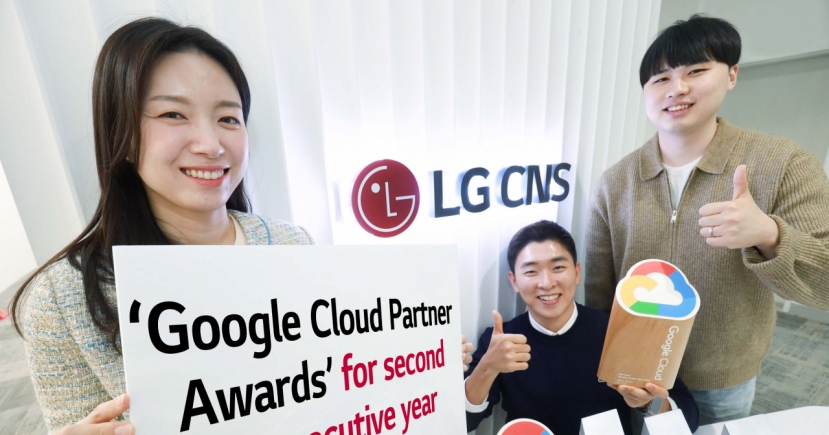Bio
Celltrion boosts investment spending by 50%
[THE INVESTOR] South Korea’s Celltrion said on Feb.3 that it has hiked its investment for new plant as well as research and development by 50 percent this year as its new biosimilar products are expected to hit the European markets soon.
The company has earmarked 300 billion won (US$261.70 million) for R&D and plant expansion plan in 2017, up from 200 billion won last year.
 |
“The R&D investment will be spent on clinical trials for new drugs and biosimilar candidates,” a Celltrion official said.
The boost in investment spending comes as its biosimilar products, cheaper version of blockbuster biological drugs, have started to crack the world’ largest markets for such drugs -- Europe and the US.
To respond to the expected high demand, Celltrion plans to concentrate on securing volume through plant expansion.
Celltrion said last year that it plans to spend 325.1 billion won to build its third plant with production capacity of 120,000 liters and expand the first plant.
Once the plant expansion is completed, Celltrion’s outstanding annual production capacity will reach 310,000 liters by 2021, overtaking global biopharmaceutical firms like Boehringer Ingelheim and Lonza.
Its first biosimilar Remsima, the copycat version of Johnson & Johnson’s Remicade, is quickly penetrating into Europe, taking up over 40 percent of the market in 2016. The drug was launched in the US in November last year.
On the heels of Remsima’s success, the firm’s Herzuma, referencing Herceptin and Truxima, a biosimilar of Roche’s Rituxan are soon to be commercialized in Europe.
The firm also plans to accelerate the development of the investigational influenza antibody CT-P27, which could replace Roche’s Tamiflu. It is currently working on phase 2 clinical trials of the new drug, conducting randomized, double-blind and placebo-controlled studies.
By Park Han-na (hnpark@heraldcorp.com)


![[Exclusive] Korean military set to ban iPhones over 'security' concerns](http://res.heraldm.com/phpwas/restmb_idxmake.php?idx=151&simg=/content/image/2024/04/23/20240423050599_0.jpg)




![[Herald Interview] Bridging Korea, Philippines for better future](http://res.heraldm.com/phpwas/restmb_idxmake.php?idx=151&simg=/content/image/2024/04/23/20240423050735_0.jpg)
